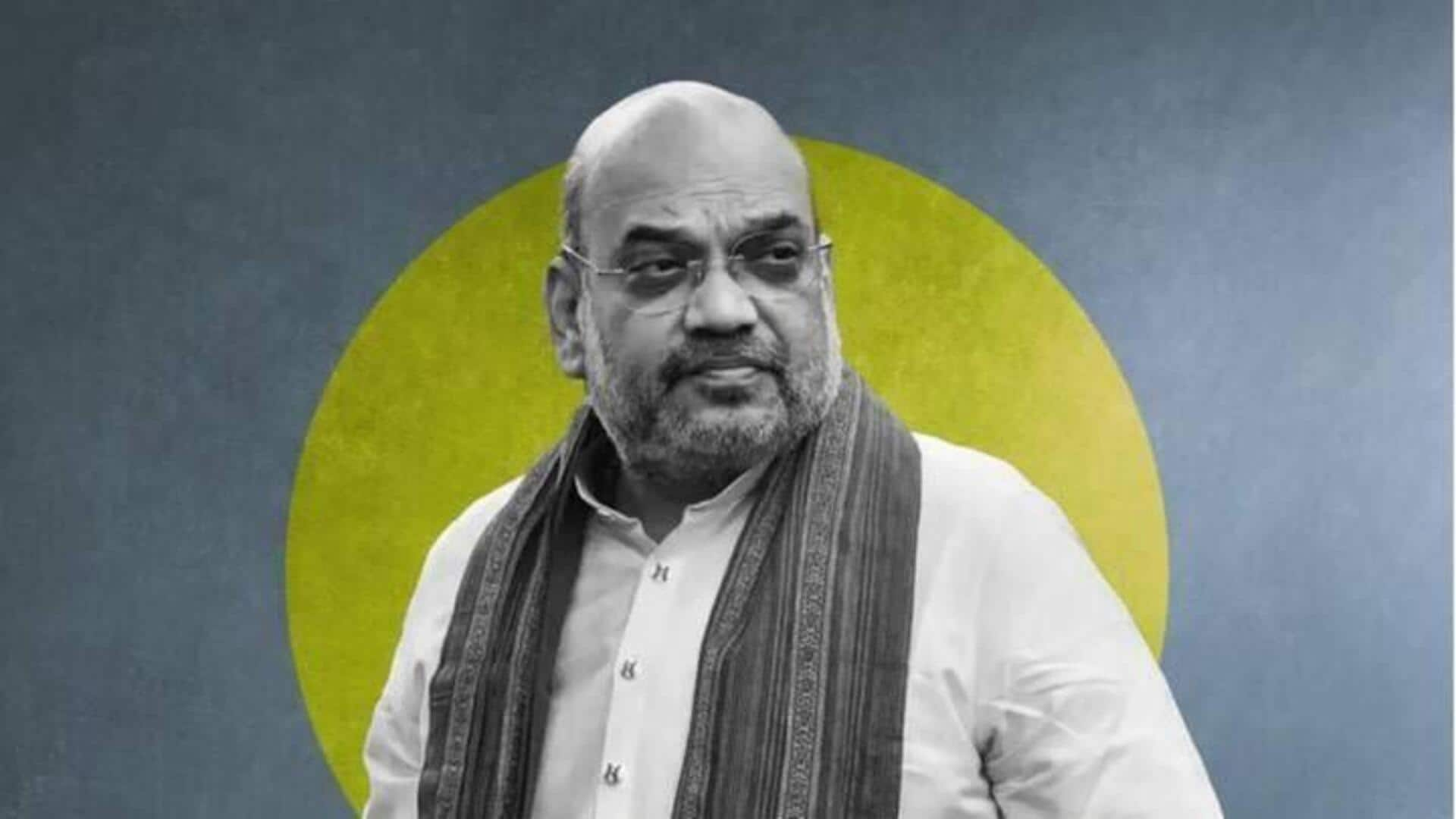
3 new criminal laws to take effect from July 1
What's the story
The three new criminal laws, which replace the Indian Penal Code (IPC), Code of Criminal Procedure (CrPC), and Evidence Act, 1872, will take effect on July 1, the government notified on Saturday.
The Bharatiya Nyaya (Second) Sanhita will replace the IPC; the Bharatiya Nagarik Suraksha (Second) Sanhita will replace the CrPC; and the Bharatiya Sakshya (Second) Bill will replace the Evidence Act.
The three laws were cleared by Parliament last December.
Context
Why does this story matter?
The IPC, CrPC, and Indian Evidence Act were all enacted during the British colonial era.
The Indian government argued that these old laws had "signs of slavery" and that the new legislation will eliminate "these signs from a total of 475 places."
The new laws aim to revamp British-era regulations by defining terrorism, removing sedition, and adding a new section titled "Offenses against the State," among other changes.
Details
Ministry of Home Affairs issues notification
The announcement was made by the Ministry of Home Affairs (MHA).
The MHA notification read, "The Central Government hereby appoints the 1st day of July, 2024, as the date on which the provisions of the said Sanhita, shall come into force."
However, the government has kept the implementation of Sub Section (2) of Section 106 of Bharatiya Nyaya Sanhita on hold.
This provision deals with "causing the death of a person by rash and negligent driving of a vehicle."
Bharatiya Nyaya Sanhita
Bharatiya Nyaya Sanhita will repeal sedition
Under Bharatiya Nyaya Sanhita, sedition has been repealed, but another provision has been added to penalize secessionism, separatism, rebellion, and acts against the sovereignty, unity, and integrity of India.
Sex on the pretext of fraudulent promises of marriage, employment, promotion, or false identity is now a crime. The provision of the death penalty has also been made for crimes involving girls below 18 and mob lynching.
Furthermore, community services have been introduced as punishment for the first time.
Bharatiya Nagarik Suraksha Sanhita
Time-bound investigation, trial and judgment
The Bharatiya Nagarik Suraksha Sanhita mandates forensic investigations for offenses punishable by seven years of imprisonment or more.
The time limit for filing the charge sheet is 90 days; however, depending on the circumstances, the court may grant an additional 90 days.
The investigation must be completed within 180 days, and the Honorable Judge must make a decision within 30 days of the conclusion of the arguments.
Bharatiya Sakshya (Second) Bill
Charge sheets will be considered invalid without videography
The Bharatiya Sakshya Bill regulates the admissibility of evidence in courts.
Under this law, electronic or digital records, emails, server logs, computers, smartphones, laptops, SMS, websites, locational evidence, mail, and device messages can all be used as primary evidence in court.
Videography has been made mandatory during searches and seizures. Charge sheets will be considered invalid if the cops do not record them.